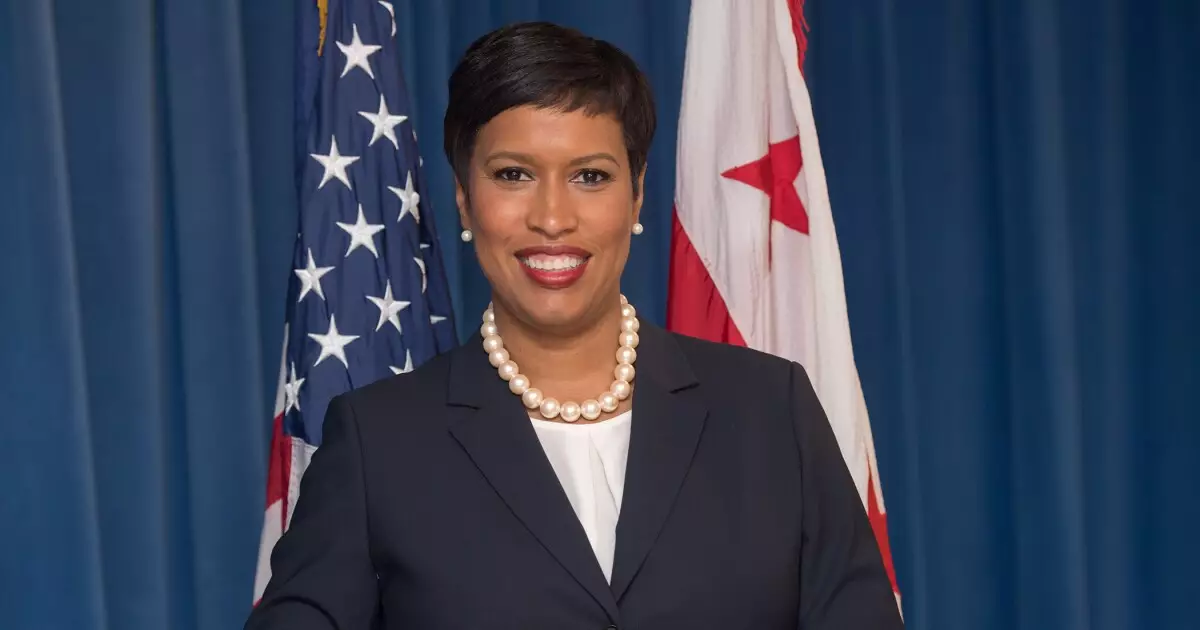Recently, the Washington, D.C., City Council has embarked on a significant initiative to revamp its sports infrastructure, securing funding for a variety of projects that aim to breathe new life into the local sports ecosystem. At the forefront of these developments is a substantial $515-million renovation plan for the Capital One arena, a pivotal venue that hosts the Washington Capitals (NHL) and the Washington Wizards (NBA). Mayor Muriel Bowser emphasized the importance of modernizing this facility, stating that such upgrades would not only lure more events to the city but also invigorate local economies, amplifying business activities in the vicinity.
The plan’s financial framework is particularly noteworthy. The city has decided to purchase the arena from Monumental Sports & Entertainment for $87.5 million, subsequently leasing it back to the organization. This strategy not only secures the teams’ presence in D.C.’s vibrant Chinatown neighborhood but also enforces a commitment from Monumental to invest at least $285 million in the renovation. This move represents a robust partnership aimed at enhancing the overall appeal of the city as a sports and entertainment hub.
A significant aspect of this renovation project is the aim to prioritize local economic growth through inclusivity in contracting practices. The city’s commitment mandates that a minimum of 40% of the contracts be awarded to certified business enterprises, with aspirations to reach as high as 50%. This focus on local businesses is a pivotal strategy for job creation and community engagement, crucial elements for re-establishing a thriving local economy post-pandemic. The construction phase is expected to generate nearly 5,000 jobs over the course of three years, providing a much-needed employment boost to the area.
While the City Council’s approval provides a path forward, the plan initially faced resistance due to labor concerns regarding local hiring and union regulations. However, with the City Council’s recent endorsement, the project is on track to commence, signaling a concerted effort to overcome bureaucratic challenges in the interest of community development.
Beyond the investments in Capital One arena, there are broader implications for the city’s professional sports teams as a result of these developments. Crucially, the city has stipulations that require the Capitals and Wizards to continue playing their home games in Washington through 2050. This commitment acts as a stabilizing factor, ensuring that the teams remain within the urban landscape and maintain their connection with loyal fans.
Attempts to relocate these teams to a newly proposed $2 billion arena complex in Alexandria, Virginia, were blocked earlier this year, underscoring the importance of this renovation. Washington is clearly intent on enhancing its sports presence, not just for the teams and their followers but for the overall identity of the city itself.
In addition to revitalizing the arena, the City Council has set plans to create sustainable funding for Nationals Park, home of Major League Baseball’s Washington Nationals. This proposal aims to unravel the complexities related to funding and debt management while ensuring that revenues generated exceed current debt obligations, thereby cementing the park’s financial viability moving forward.
Moreover, issues surrounding the RFK stadium site have also gained traction. With aspirations to renovate the 174-acre site, the city hopes to attract the NFL’s Washington Commanders back to a historically significant venue. Transitioning control of the RFK site from federal to local governance has been a legislative hurdle, yet recent advances indicate a promising shift in direction. This redevelopment could realign the local sports landscape significantly.
Washington, D.C., is poised for a remarkable transformation in its sports and entertainment venues, driving substantial economic and social benefits. As the city pushes through with its ambitious renovation plans, it reflects a comprehensive vision: to create an inclusive, vibrant, and sustainable sports community that resonates with residents and visitors alike. The strategic decisions made today will undoubtedly pave the way for a more vibrant economy and a renewed sense of community pride in the years to come.

